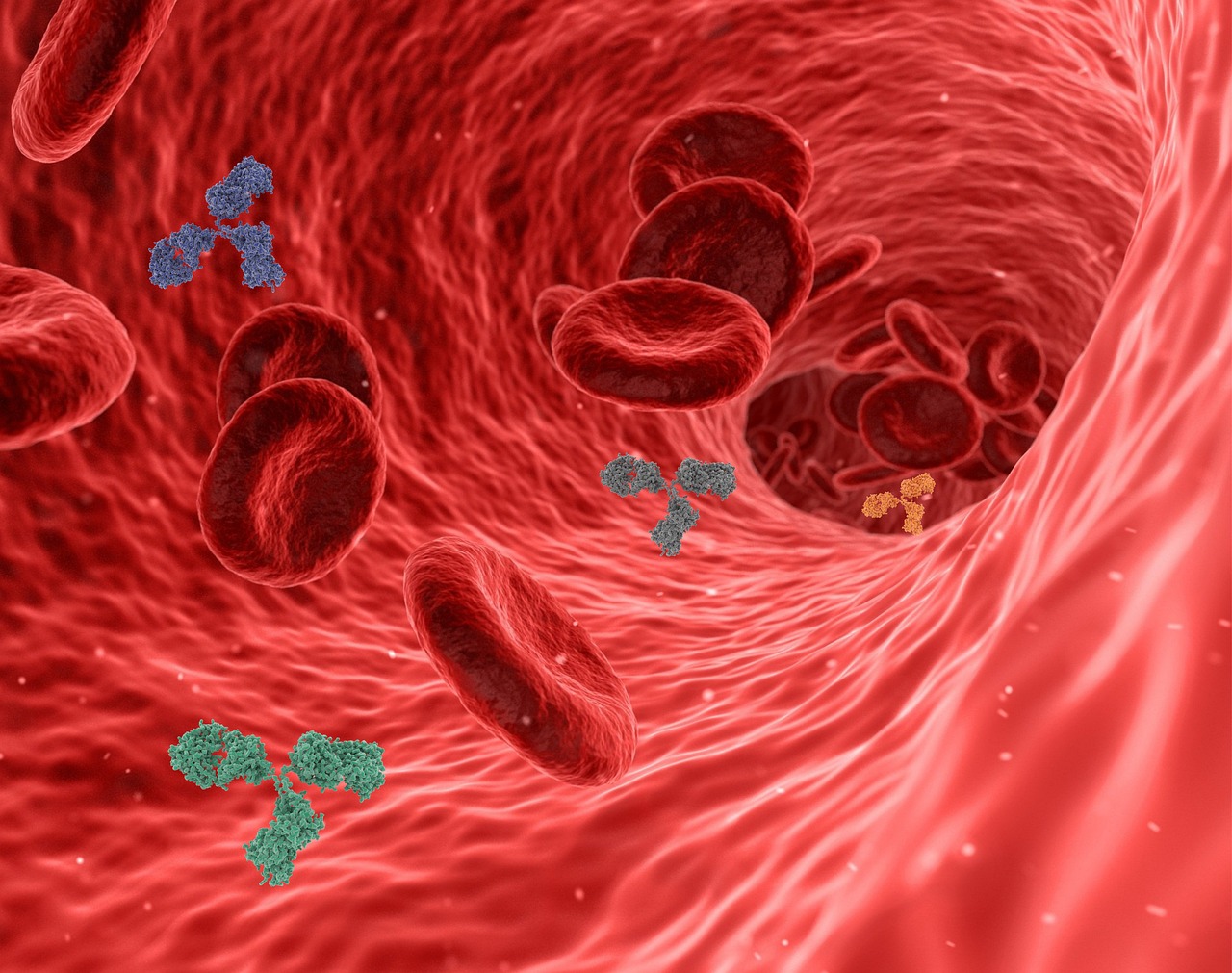Plasma Proteins: Introduction
Plasma proteins are a diverse group of molecules found in blood plasma, the liquid component of blood that remains after removing blood cells.
- Plasma proteins are crucial components of blood plasma, contributing to various physiological functions.
- They are synthesized primarily in the liver and serve diverse roles in the body.
- At present time over 100 different plasma proteins have been described.
The plasma proteins which are present in significantly high concentrations are:
- Albumin
- Globulin
- Fibrinogen
The normal value of plasma proteins are:
– Total protein : 6 to 8 gm %
– Serum albumin : 3.5 to 6 gm %
– Serum globulin : 2 to 3.5 gm %
– Fibrinogen : 200 to 400 mg %
– A/G ratio : 1.2:1 to 2.5:1
Synthesis of Plasma Proteins
The liver is the primary factory for plasma protein production. Hepatocytes, the liver cells, house the machinery for protein synthesis. Other organs like the spleen, bone marrow, and lymphoid tissues also contribute to a lesser extent. The rate of protein synthesis can be influenced by various factors, including dietary intake, hormonal levels (e.g., thyroid hormones), and inflammatory conditions.
Major Classes of Plasma Proteins
Plasma proteins can be broadly classified into four major groups based on their functions and properties. Albumin is the most abundant plasma protein, accounting for roughly 55% of the total. It plays a crucial role in maintaining blood volume pressure and serves as a carrier molecule for various substances like fatty acids, hormones, and drugs. Globulins encompass a diverse group of proteins, including immunoglobulins (antibodies) that are vital for the immune system’s defense against pathogens. Additionally, globulins include transport proteins that carry lipids, hormones, and other molecules. Fibrinogen is a large protein that converts into fibrin during blood clotting, forming a mesh that traps blood cells and platelets to form a clot. The remaining 1% of plasma proteins comprise enzymes, hormones, and regulatory proteins involved in various physiological processes.
Clinical Significance
Measuring the levels and types of plasma proteins in the blood is a common and valuable diagnostic tool in clinical settings. Deviations from normal ranges can provide clues about underlying health conditions. For instance, low albumin levels might indicate malnutrition, liver disease, or kidney problems related to protein loss. Elevated globulins could be associated with infections, autoimmune diseases where the immune system mistakenly attacks healthy tissues, or multiple myeloma, a cancer of plasma cells. Abnormal levels of specific immunoglobulins might suggest compromised immune function or specific infections requiring targeted treatment. By analyzing plasma proteins, healthcare professionals can gain valuable insights into a patient’s health status and tailor treatment accordingly.
